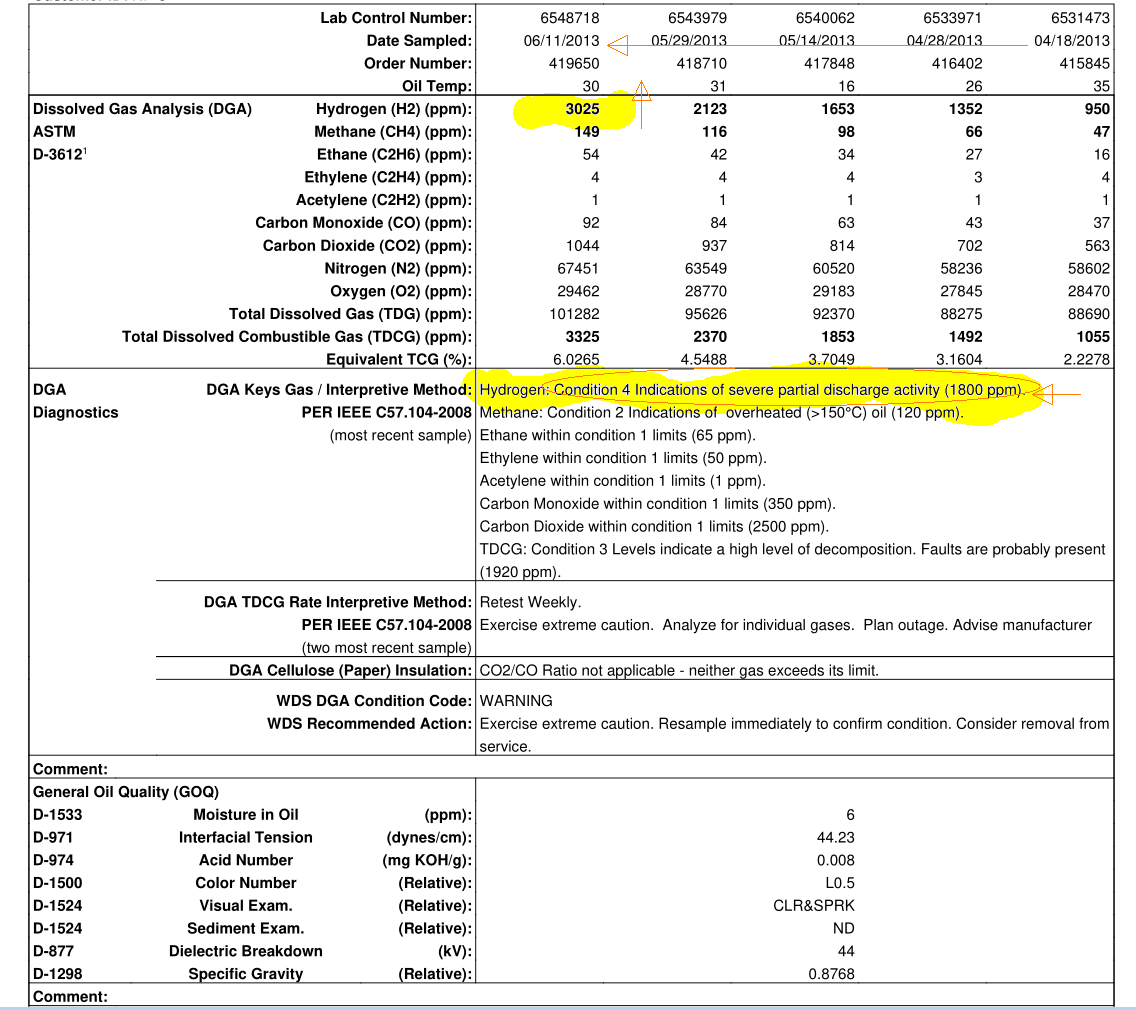When a transformer blows, it interrupts electrical service, regardless of type. Interrupted service does not control your breaker.
A transformer blows because it's internal oil insulation ignites before tripping upstream or internal over-current breakers due to an insulation failure , not necessarily an external event such as an unprotected lightning stroke or major solar event.
Your questions seem to assume a transformer blow-up is caused by a shared external over-voltage or over-current event.
More likely it is caused by an internal insulation failure in the transformer oil insulation that was caused by the activation energy exceeding the or major ignition energy being exceeded with a runaway internal combustion. These catastrophic events are minimized by best practices of routine oil sample tests and other condition-based diagnostics. A short-circuit through detonation of combustible gasses dissolved in the oil is the predominant final cause perhaps aggravated by pyrotechnic internal temperatures. There can be many causes. Transformer oil is a very high quality insulator until it becomes contaminated. The series of DGA tests below are one category of tests to measure contamination.
Here is an example of a standard oil sample test that if passed is not done until maybe a year later if values are low. But in this case within <1 yr old was taken output service before H2 reached the 4% Lower Explosive Level dissolved in oil from PD.
In some parts of the world these tests are not done as diligently and risk of explosion on this 5 MVA transformer would be high within 1 year after these tests. In this case it was removed from service before risk was severe although PD activity was severe, that would not cause any abnormal power symptoms.

